Ok...I completed the first stage of treatment. I have removed the infested leaves and squished any visible scale. All the leaves went immediately into the covered trash can. Of course I may have missed some of the scale because the they crawl into the folds between the leaves and are hidden. If they have been there awhile the signs are obvious. But if they are new larvae I might have missed them, so I will have to keep a close eye on my plants.
I decided I prefer not to use alcohol for several reasons. First I don't have that much on hand, secondly I don't want to expose myself to that much alcohol. It is absorbed through the skin (and is in most personal care products) and is suspected of being related to immune problems, cancers and parasite infestation.
I plan to try spraying dilute dish soap on the plants...knowing that it won't get into the crevices between leaves...but it may help clean up any exposed eggs, larvae, or adults that I missed when removing the outer leaves.
Here are some photos of what I found:
Signs to look for:
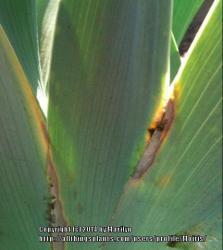
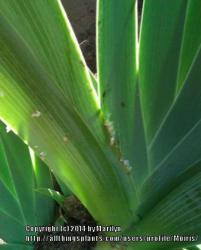
Brown, chewed/ dried areas where leaf edges intersect, white fuzzy debris.
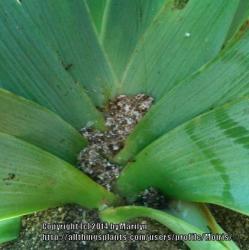
Ants and soil with white debris at the base of the plants.
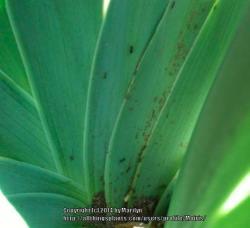
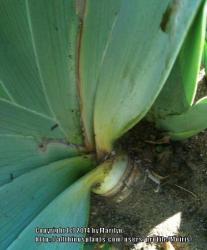
Brown specks and patches with ants present (scales are biting sucking insects so the damage they cause leaves dry brown sections, yellowing and brown spots)
Here is what I found after pulling off the outer leaves that were hiding the scale and their damage:
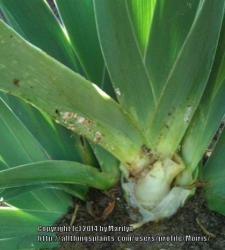
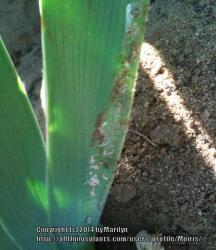
Note there are scale insects, white debris, soil, and (not visible in the pictures) the leaves are sticky from the clear honeydew that the scale emit. The honeydew is what the ants eat. Ants will actually protect the scale from being eaten by beneficial insects, which is why it is said that ants 'farm' these insects. This is why it is important to control the ants.
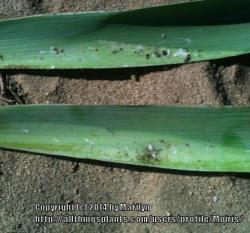
The last photo shows a little of the black sooty mold that is a classic symptom of having an infestation of insects that make honeydew (mainly aphids and scale).
More to come later....







